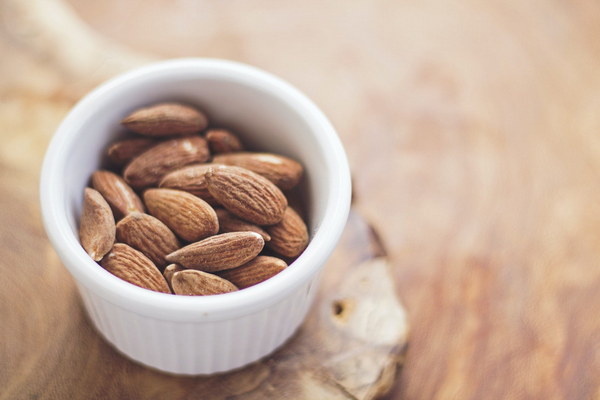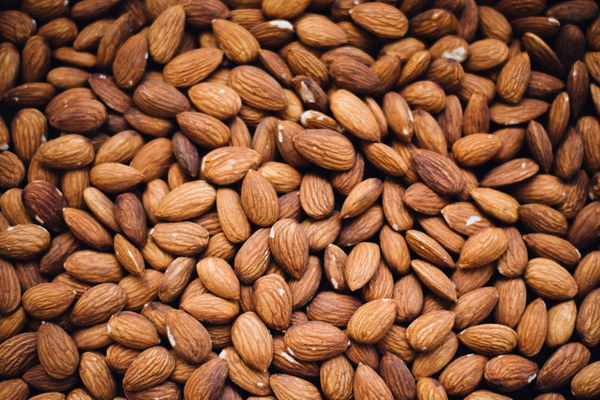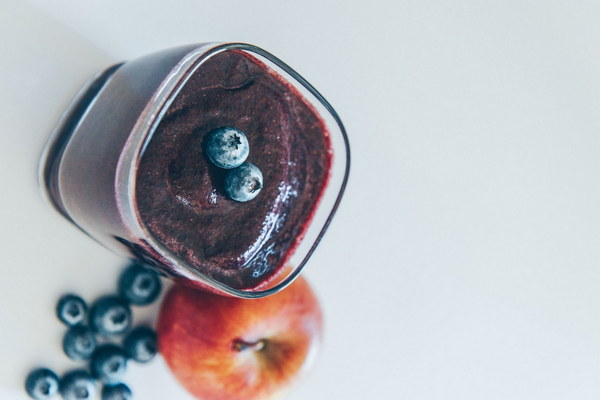Nourishing Your Little One A Guide to Baby's Illness-Fighting Nutrition
Introducing babies to the world of flavors and textures can be an exciting time for both parents and infants. However, when your baby falls ill, it's crucial to focus on foods that can help support their immune system and aid in their recovery. This article will provide you with a comprehensive guide on how to nourish your baby during their illness, emphasizing the importance of nutrient-rich, easy-to-digest foods.
Understanding Your Baby's Nutritional Needs
During an illness, it's essential to provide your baby with the right balance of nutrients to support their recovery. While specific dietary needs may vary based on the illness, some general guidelines can help ensure your baby receives the necessary nutrients:
1. Protein: Essential for immune system function and tissue repair, proteins should be a priority. Lean meats, poultry, fish, eggs, dairy, and plant-based options like beans and lentils are great choices.

2. Carbohydrates: These provide energy, which is vital for your baby's recovery. Choose whole grains, fruits, and vegetables to ensure a variety of nutrients.
3. Fats: Healthy fats are crucial for brain development and overall health. Incorporate foods like avocados, nuts, seeds, and olive oil into your baby's diet.
4. Vitamins and Minerals: Foods rich in vitamins A, C, D, E, and K, as well as iron, calcium, and zinc, can boost your baby's immune system. Fruits, vegetables, dairy products, and fortified cereals are excellent sources.
Top Foods to Feed Your Sick Baby
1. Chicken Soup: This comforting staple is not only delicious but also packed with nutrients. Chicken provides protein, while the broth helps with hydration. Adding rice or noodles can make it easier for your baby to eat.
2. Bananas: Bananas are an excellent source of potassium, which can help replenish electrolytes lost during vomiting or diarrhea. Their soft texture and mild taste make them easy for babies to consume.
3. Pasta: Pasta is a versatile food that can be prepared in various ways. Boiled or baked noodles are easy to digest and can be mixed with nutritious sauces or toppings like tomatoes, cheese, or vegetables.
4. Rice: Rice is a staple for many cultures, and for a good reason. It's easy on the stomach and can be paired with a variety of nutritious ingredients, such as chicken, vegetables, or tofu.
5. Oatmeal: Oatmeal is a great source of fiber and can help with digestion. It's also rich in antioxidants and can boost your baby's immune system. Adding a touch of honey can make it more palatable.
6. Yogurt: Greek yogurt is high in protein and probiotics, which can help maintain a healthy gut flora. Choose plain yogurt to avoid added sugars and flavors.
Feeding Tips for Sick Babies
1. Small, Frequent Meals: Encourage your baby to eat small, frequent meals rather than large, heavy ones. This can help prevent discomfort and ensure they receive the necessary nutrients.
2. Hydration: Ensure your baby is well-hydrated by offering small sips of water or clear broths throughout the day. This is especially important if they are experiencing diarrhea or vomiting.
3. Avoid Certain Foods: Some foods may exacerbate your baby's symptoms. Avoid highly seasoned, fried, or greasy foods, as well as those high in sugar or caffeine.
4. Listen to Your Baby: Pay attention to your baby's cues and preferences. If they are not interested in eating, give them time to rest and try again later.
5. Consult Your Pediatrician: If your baby's symptoms persist or worsen, consult your pediatrician for advice on their diet and overall health.
In conclusion, providing your baby with the right nutrition during their illness is crucial for their recovery. By focusing on nutrient-rich, easy-to-digest foods and following these feeding tips, you can help support your little one's health and well-being. Remember to consult your pediatrician for personalized advice and support.









